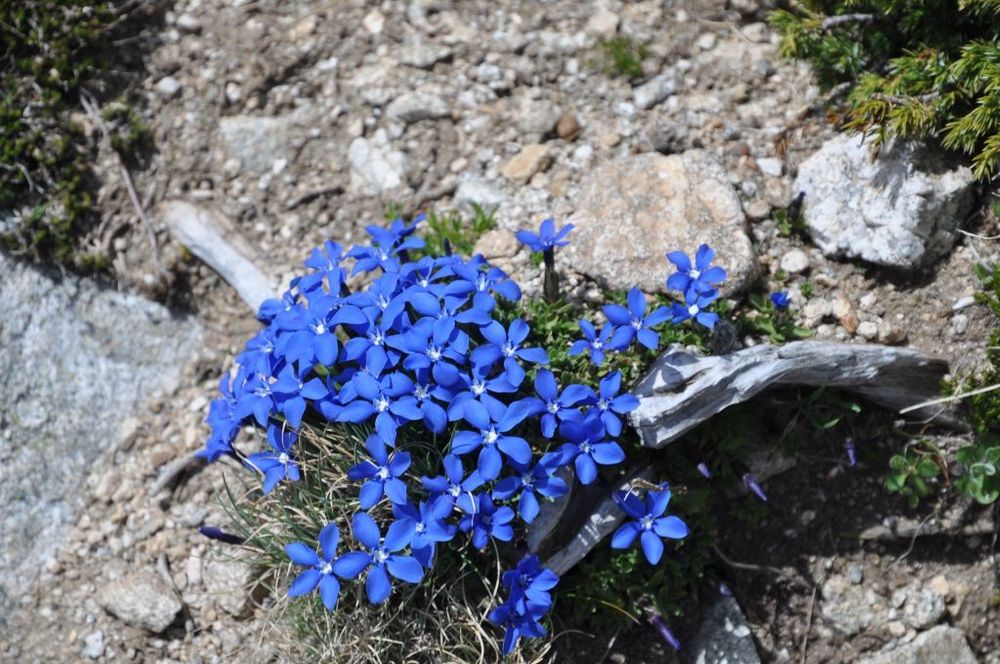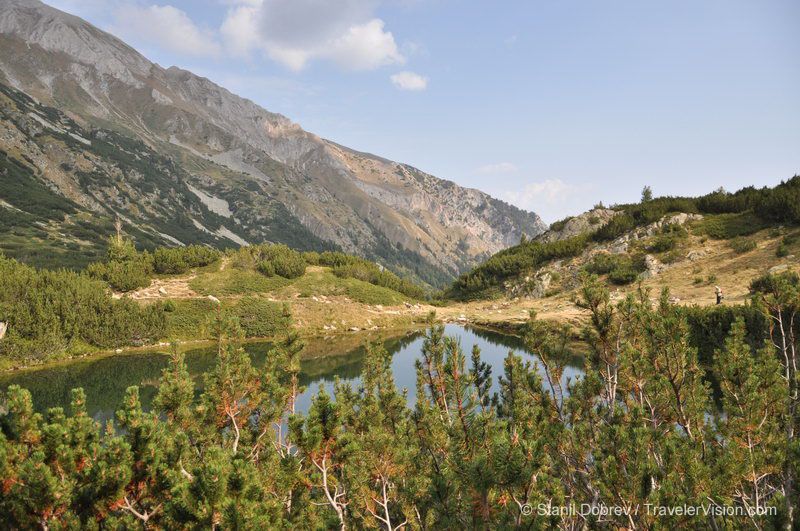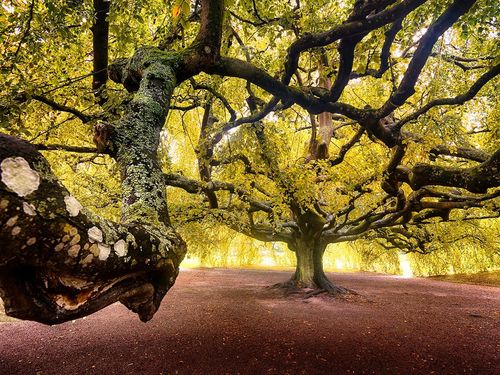Skis Versus Trees
2/23/2018 | Caspar Jebsen

Protests have recently erupted in Sofia and other towns in Bulgaria due to the potential construction of new Slopes and Ski Lifts in Pirin National Park.
Pirin National Park falls under the Natura 2000 network and has been a UNESCO World heritage site since 1983, covering more than 400 square kilometers of mountain ranges and forest. Protesters fear that the prospect of further construction undertaken by Bansko Ski Resort will result in the loss of both flora and fauna.
Pirin is home to a wide range of threatened biodiversity endemic to the Balkan, Bulgarian, and local regions including a variety of bird species, mammals, and an impressive collection of mature Pine Trees.
Pirin is home to a wide range of threatened biodiversity endemic to the Balkan, Bulgarian, and local regions including a variety of bird species, mammals, and an impressive collection of mature Pine Trees.

The recent uproar among protesters is being directed towards Bulgaria’s Minister of Environment, Neno Dimov, for contemplating the distribution of additional construction permits inside the Pirin National Park without conducting a thorough environmental impact assessment. Hundred-year-old pine trees could be felled to make way for the new tourist attraction.
Bansko argues that their plans of an additional ski lift would only be cutting through 5,8 km of protected forest or 0.017% of the park; however, these figures do not include the additional facilities that would potentially be developed at the ski lifts destination. According to project plans presented in 2014 by Bansko, another 440 km of ski tracks and other facilities are proposed at the end of this new lift, placing the rare and endemic biodiversity of the Pirin in harm’s way.
A new draft management plan from the Bulgarian government would make it possible for 48% of the park to be open for construction activities, permitting logging and the expansion of ski infrastructure to up to 12 times its current size. Although more than 3,000 hectares of forest would be cut down in order to accommodate this ski resort expansion, the government hopes that it will improve economic development in the area. The Bulgarian government claims that the new plans will not harm the park’s biodiversity, arguing that the aim is to only remove diseases and injured trees during construction.
A new draft management plan from the Bulgarian government would make it possible for 48% of the park to be open for construction activities, permitting logging and the expansion of ski infrastructure to up to 12 times its current size. Although more than 3,000 hectares of forest would be cut down in order to accommodate this ski resort expansion, the government hopes that it will improve economic development in the area. The Bulgarian government claims that the new plans will not harm the park’s biodiversity, arguing that the aim is to only remove diseases and injured trees during construction.

With that said, these plans have been met with widespread criticism by nature conservation organisations and NGOs. They claim that the impact of the planned expansion would cause irreversible damage, destroying not only the mature pine trees, but robbing local wildlife of its habitat in a protected area as well.
According to the EU, it is the responsibility of the Bulgarian Government to comply with EU laws on Natura 2000 sites; any interference can only come if an environmental impact assessment proves that the new development plans fall outside the agreed upon guidelines.
According to the EU, it is the responsibility of the Bulgarian Government to comply with EU laws on Natura 2000 sites; any interference can only come if an environmental impact assessment proves that the new development plans fall outside the agreed upon guidelines.
Share


